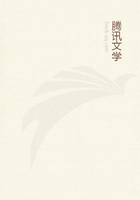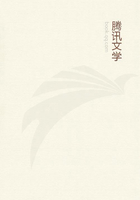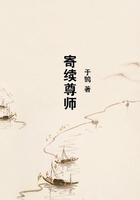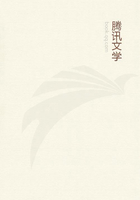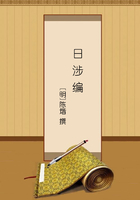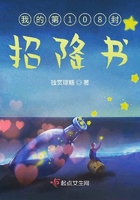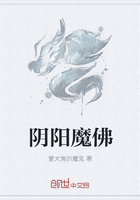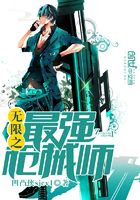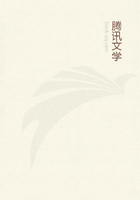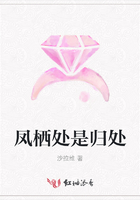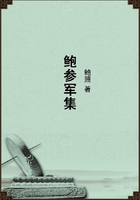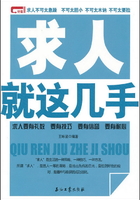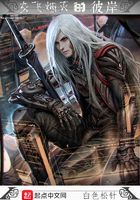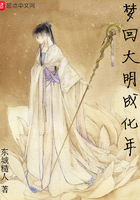A few words about Dostoevsky himself may help the English reader to understand his work.
Dostoevsky was the son of a doctor. His parents were very hard-working and deeply religious people, but so poor that they lived with their five children in only two rooms. The father and mother spent their evenings in reading aloud to their children, generally from books of a serious character.
Though always sickly and delicate Dostoevsky came out third in the final examination of the Petersburg school of Engineering. There he had already begun his first work, “Poor Folk.”
This story was published by the poet Nekrassov in his review and was received with acclamations. The shy, unknown youth found himself instantly something of a celebrity. A brilliant and successful career seemed to open before him, but those hopes were soon dashed. In 1849 he was arrested.
Though neither by temperament nor conviction a revolutionist, Dostoevsky was one of a little group of young men who met together to read Fourier and Proudhon. He was accused of “taking part in conversations against the censorship, of reading a letter from Byelinsky to Gogol, and of knowing of the intention to set up a printing press.” Under Nicholas I. (that “stern and just man,” as Maurice Baring calls him) this was enough, and he was condemned to death. After eight months’ imprisonment he was with twenty-one others taken out to the Semyonovsky Square to be shot. Writing to his brother Mihail, Dostoevsky says: “They snapped words over our heads, and they made us put on the white shirts worn by persons condemned to death. Thereupon we were bound in threes to stakes, to suffer execution. Being the third in the row, I concluded I had only a few minutes of life before me. I thought of you and your dear ones and I contrived to kiss Plestcheiev and Dourov, who were next to me, and to bid them farewell. Suddenly the troops beat a tattoo, we were unbound, brought back upon the scaffold, and informed that his Majesty had spared us our lives.” The sentence was commuted to hard labour.
One of the prisoners, Grigoryev, went mad as soon as he was untied, and never regained his sanity.
The intense suffering of this experience left a lasting stamp on Dostoevsky’s mind. Though his religious temper led him in the end to accept every suffering with resignation and to regard it as a blessing in his own case, he constantly recurs to the subject in his writings. He describes the awful agony of the condemned man and insists on the cruelty of inflicting such torture. Then followed four years of penal servitude, spent in the company of common criminals in Siberia, where he began the “Dead House,” and some years of service in a disciplinary battalion.
He had shown signs of some obscure nervous disease before his arrest and this now developed into violent attacks of epilepsy, from which he suffered for the rest of his life. The fits occurred three or four times a year and were more frequent in periods of great strain. In 1859 he was allowed to return to Russia. He started a journal—“Vremya,” which was forbidden by the Censorship through a misunderstanding. In 1864 he lost his first wife and his brother Mihail. He was in terrible poverty, yet he took upon himself the payment of his brother’s debts. He started another journal—“The Epoch,” which within a few months was also prohibited. He was weighed down by debt, his brother’s family was dependent on him, he was forced to write at heart-breaking speed, and is said never to have corrected his work. The later years of his life were much softened by the tenderness and devotion of his second wife.
In June 1880 he made his famous speech at the unveiling of the monument to Pushkin in Moscow and he was received with extraordinary demonstrations of love and honour.
A few months later Dostoevsky died. He was followed to the grave by a vast multitude of mourners, who “gave the hapless man the funeral of a king.” He is still probably the most widely read writer in Russia.
In the words of a Russian critic, who seeks to explain the feeling inspired by Dostoevsky: “He was one of ourselves, a man of our blood and our bone, but one who has suffered and has seen so much more deeply than we have his insight impresses us as wisdom … that wisdom of the heart which we seek that we may learn from it how to live. All his other gifts came to him from nature, this he won for himself and through it he became great.”

